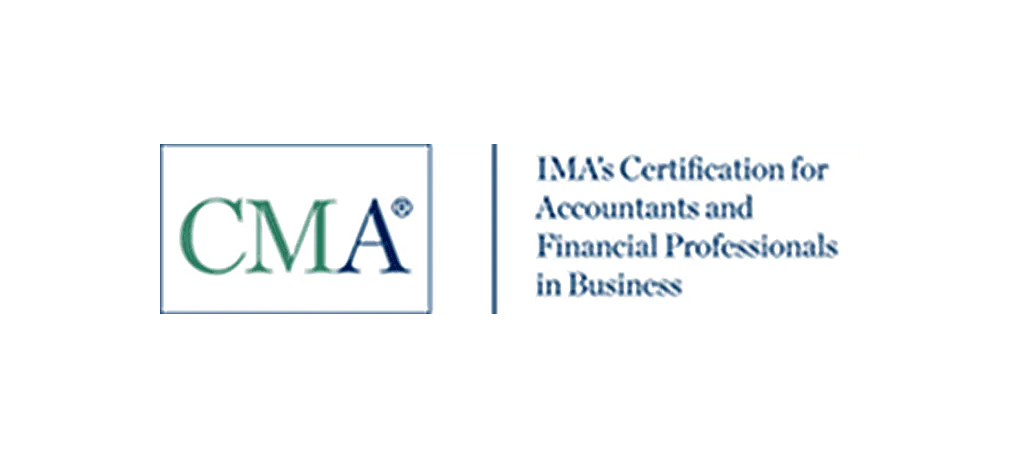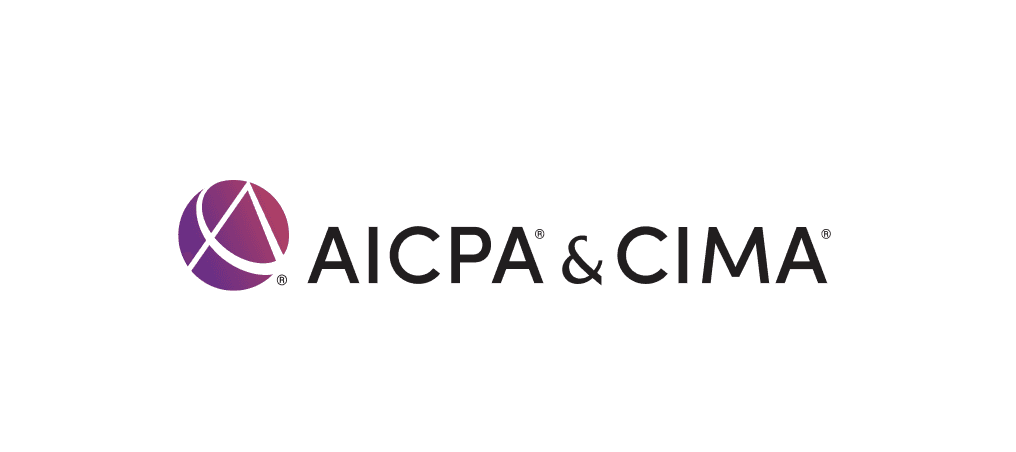Company Liquidation In Dubai , UAE
Backed by 10 years of experience, we handle complex company liquidations in Dubai with precision, preparing audits, securing clearances, and delivering compliant exits across mainland, free zone and offshore structures. Speak with our specialists to make your business closure smooth and risk free.
Demonstrate Our Expertise Certifications












Trusted Company Liquidation Experts in Dubai & UAE
At Capital Plus Auditing of Accounts, we specialize in helping businesses exit the UAE market with confidence, clarity, and full compliance. With 15 seasoned professionals and over 100 successful liquidations across mainland, offshore, and 20+ free zones, we’ve earned a reputation as one of the most reliable liquidation companies in Dubai.
Liquidating a company involves more than closing doors—it requires:
- Final audits and liquidation reports
- VAT and corporate tax deregistration
- Employee settlements and visa cancellations
- Government, immigration, and licensing clearances
What Is Company Liquidation and Why Is It Required?
Company liquidation is the formal process of closing down a business entity by settling its debts, distributing its assets, and removing it from official records. In the UAE, liquidation must comply with regulations set by free zone authorities, the Department of Economic Development (DED), and the Federal Tax Authority (FTA).
Whether due to financial loss, restructuring, or market exit, liquidation ensures legal closure and protects business owners from future liabilities. It’s not just an option—it’s a compliance requirement if you’re shutting down operations in Dubai.
Types of Company Liquidation in Dubai
There are two primary types of company liquidation in the UAE:
Voluntary Liquidation
Chosen by shareholders when a business is solvent but no longer viable or needed. It's the most common and straightforward approach, especially in free zones
Compulsory Liquidation
Ordered by a court due to financial insolvency or legal violations. This process is more complex and requires government intervention.
Timeline: How Long Does Company Liquidation Take in Dubai?
Mainland: 60–90 days
Includes newspaper notice, clearances (DEWA, RTA, MOHRE), and VAT deregistration. Timelines depend on authority response.
Free Zone: 30–60 days
Faster due to simplified internal processes. Most zones skip newspaper notices. We handle audits, NOCs, and documentation efficiently.
Offshore: 30–180 days
Varies by jurisdiction. May involve international attestations, registered agents, and foreign bank closures. Timeline depends on complexity.
Company Liquidation Process in Dubai
Free Zone companies:
The resolution must be drafted, approved by stakeholders, and submitted to the respective authority (e.g., JAFZA, RAKEZ).
Mainland companies:
The resolution must be notarized by the UAE sponsor. If shareholders are abroad, it requires attestation from the UAE Embassy and Ministry of Foreign Affairs.
Free zone companies:
Keep in mind that the relevant UAE free zone authorities must approve the liquidator for the free zone.
Mainland companies:
Appoint the liquidator and submit his formal acceptance letter to the relevant authorities.
Free Zone companies:
For Free Zone companies, the respective authority decides the publication method, whether in an official journal or local media.
Mainland companies:
For Mainland companies, a notice must be published in two local newspapers (one Arabic, one English), allowing creditors 40 days to submit claims.
Mainland companies:
Must clear all debts, settle with suppliers, and cancel active contracts.
Free Zone companies:
Must comply with specific regulations (e.g., DIFC laws), including final settlements and notice periods for employees.
Mainland companies:
Must cancel residency visas through immigration, revoke MOHRE labor cards, and settle end-of-service dues.
Free Zone companies:
Handle visa cancellations through the free zone authority, along with obtaining No Objection Certificates confirming all employee obligations are cleared.
Mainland companies:
Must apply for VAT deregistration with the FTA, clear all dues, and obtain a Tax Clearance Certificate.
Free Zone companies:
Must follow specific zone regulations to complete the VAT deregistration and receive clearance.
Mainland companies:
Must obtain clearances from utility providers and the RTA for company vehicles.
Free Zone companies:
May need additional NOCs from internal authorities, such as customs.
Mainland companies:
Must submit the liquidator’s final report to the Department of Economic Development (DED).
Free Zone companies:
Submit the report to their respective authority (e.g., RAKEZ, JAFZA, DIFC) for verification and closure.
Mainland companies:
Receive a clearance certificate confirming the company’s official liquidation.
Free Zone companies:
Have their license cancelled by the respective authority, marking the end of the liquidation process and removal from UAE records.
Common Mistakes to Avoid During Company Liquidation in Dubai
Not Settling Employee Dues and Cancelling Visas
Failure to cancel visas and settle dues leads to legal issues and blocks your liquidation certificate from being issued.
Delaying Final Audit and VAT Deregistration
Postponing your audit or VAT deregistration results in penalties and delays in receiving your Tax Clearance Certificate.
Ignoring the Creditor Notice Requirement
Not publishing creditor notices properly may cause DED or free zone authorities to reject your liquidation application.
Skipping Government and Utility Clearances
Missing NOCs from DEWA, Etisalat, or customs can completely stall your liquidation—even if all financial steps are complete.
Hiring an Inexperienced or Unregistered Liquidation Firm
Unlicensed consultants may delay or fail your closure. Choose only registered, UAE-approved firms for full legal compliance.
Documents Required for Internal Auditing in Dubai
Trade license. Memorandum of Association (MOA) and Articles of Association (AOA). Certificate of Incorporation or Formation. Shareholder resolution approving liquidation (notarized and attested if applicable). Power of Attorney (if applicable).
Financial Documents
- Audited financial statements (up to the liquidation date).
- Bank closure statement or certificate confirming account closure.
Tax and Clearance Certificates
- VAT & CT deregistration certificate from the Federal Tax Authority (FTA).
- Clearance certificates from utilities and other service providers.
Employment and Visa-Related Documents
- Employee visa cancellation proof (for all employees under the company).
- Labor and immigration clearance certificates.
Free Zone-Specific Documents (if applicable):
- Clearance certificates from the respective free zone authority.
- Lease cancellation confirmation from the free zone.
Liquidator-Related Documents
- Liquidator’s appointment letter.
- Liquidation report prepared by the appointed liquidator.
Miscellaneous Documents
- Proof of settlement of outstanding debts or obligations.
- NOC (No Objection Certificate) from relevant authorities or stakeholders, if required. Company stamp (for cancellation)
Our Service Areas in Dubai
Our Services Area
- Dubai Airport Free Zone (DAFZ)
- Jebel Ali Free Zone (JAFZA)
- Dubai Multi Commodities Centre (DMCC)
- Dubai Silicon Oasis (DSO)
- Dubai International Financial Centre (DIFC)
- Dubai Healthcare City (DHCC)
- Dubai Internet City (DIC)
- Dubai Media City (DMC)
- Dubai Design District (d3)
- Dubai Production City (DPC)
- Dubai Science Park (DSP)
Mainland Areas
- Business Bay
- Deira
- Bur Dubai
- Sheikh Zayed Road
- Al Quoz
- Jumeirah
- Al Karama
- Dubai Marina
- Al Barsha
- Ras Al Khor
- Al Qusais
10+ Years of Expertise in UAE Company Law
With over a decade of experience in UAE company law, we ensure full compliance, accurate reporting, and smooth statutory audits tailored to local regulations across free zones, mainland entities, and multinational operations.
Approved Liquidator in Major Free Zones
As a recognized and approved liquidator in top free zones like DMCC, JAFZA, and DSO, we’re authorized to handle audits, reports, and filings that other firms may not be able to complete directly—saving you time and ensuring compliance.
Recognized by Superbrands & Global Business Outlook
Our excellence is backed by industry recognition. Capital Plus is a winner of the Global Business Outlook Awards 2025 and a Superbrands honoree—reflecting our commitment to transparency, efficiency, and client satisfaction.
Affordable, Transparent Packages
Liquidation doesn’t have to be expensive. Our fee structure is upfront and tailored to your business type—whether you’re a freelancer, SME, or established company. We explain every cost before we begin, and there are no surprise charges at any stage. This makes us a top choice for those seeking cheap but reliable company liquidation in Dubai.
100+ Successful Liquidations Completed
We’ve guided over 100 companies to full closure, each with its own set of complexities. From startup entities to long-standing firms, our team delivers precision, speed, and care in every step of the liquidation process.
Full-Service Team: Auditors, Tax Advisors, PROs
You don’t need to hire multiple vendors. Our in-house team includes licensed auditors, tax consultants, and PROs who manage everything from final financial reports to government clearances—all under one roof.
Fast Turnaround: Closure in as Little as 30–45 Days
We don’t believe in dragging the process. By running key tasks—like audit reports, public notices, and government clearances—in parallel, we reduce wait times dramatically. Most free zone liquidations are completed in just 30–45 days, while mainland closures typically take 60–90 days. Our speed is driven by systems, not shortcuts.
End-to-End Documentation & Clearance Handling
The liquidation process involves up to a dozen official documents and approvals. We take full responsibility for everything—from preparing your final audit to obtaining clearance from DEWA, FTA, labor, and licensing departments. This saves you from chasing departments and ensures your case moves forward without errors or delays.
Remote Process Available for Overseas Shareholders
Even if you're outside the UAE, we can complete the entire process on your behalf. With a Power of Attorney and properly attested documents, our team manages all submissions, follow-ups, and clearances without needing you to fly in. It’s a fully remote, legally compliant process that’s ideal for non-resident shareholders or global investors.
Why Choose Capital Plus for Company Liquidation in Dubai?
What Our Clients Say
I wanted to close my company in Dubai, but the people who originally opened it for me tried to charge an unreasonable amount just to handle the closure. Then I found this company — and they were absolutely fantastic from start to finish.
They handled all the complicated steps required in Dubai, where the original sponsor or setup agent usually has priority over your company. They took care of every authorization, followed up continuously, and guided me through every detail with clear communication and total professionalism.
Their prices were fair, their communication was top-notch, and their team went above and beyond to make sure everything was done correctly. My company is now officially closed — deed done — and I couldn’t be happier with their work.
Highly recommended to anyone who needs to close or restructure their company in the UAE without stress or inflated costs.

We reached out to them for the liquidation of our company, and everything was done quickly and professionally — even despite some difficulties on our side. They handled everything smoothly and with great care. I highly recommend their services to everyone!

Closing my company and I have to say they were great! I spoke to Gulshan and she was very professional and their cost was very competitive. She kept me updated along the process and guided me through the first steps to get the required documents to they can get started. After the filing and the advertisement period was completed, she introduced me to her colleague Veeshan who completed the final step to get the trade licence cancellation certificate. He was also very professional and had the certificate for me in a couple of days. I highly recommend Capital Plus!





I especially want to thank Zeeshan Ahmed, who assisted me every step of the way with patience and clarity. He was always available to answer my questions and ensured that everything was handled smoothly. Thanks to his support, I was able to obtain my business license and residence permit without any complications or unnecessary delays.
I highly recommend their services to anyone looking to establish a business in Dubai. They are reliable, efficient, and provide comprehensive support. Five stars without a doubt!
I would highly recommend them to any company as they are an added asset to any organization.
frequently asked questions
The process of winding up a business, known as liquidation, involves valuing and selling off the companies’ assets to pay off any debts while taking UAE regulations into account.
During liquidation the company ceased its operation and was no longer allowed to continue functioning.
Regarding the company debt during the liquidation process, the liquidators sell off assets to pay outstanding debt. If there are insufficient funds, some debt may remain unpaid, and creditors may not receive the full amount.
For the employee during the liquidation process, the company must settle all the employee dues; that includes salaries and end-of-service benefits.
The liquidation certificate is a final step indicating that the legal, financial, and operational matters have been handled.
If you are a creditor, you can file for the company liquidation in Dubai by taking legal actions through Dubai courts. In case of insolvency, the court will appoint a liquidator to handle the process.
There is no reverse to the liquidation process; you would need to go through the entire company formation process.
It could be due to several reasons, such as high operational costs, intense competition, and the impact of global events.
Capital Plus Auditing of Accounts provides services in following free zone












Let’s Grow Your Business Together!
